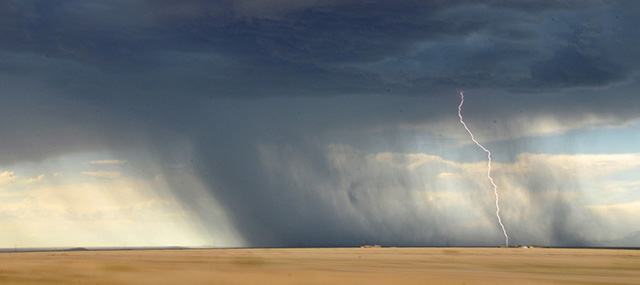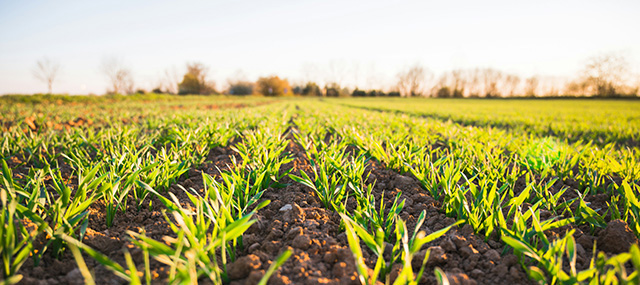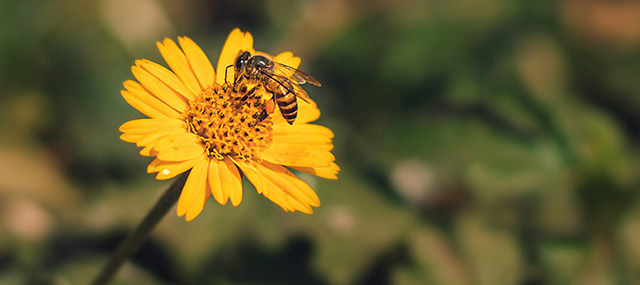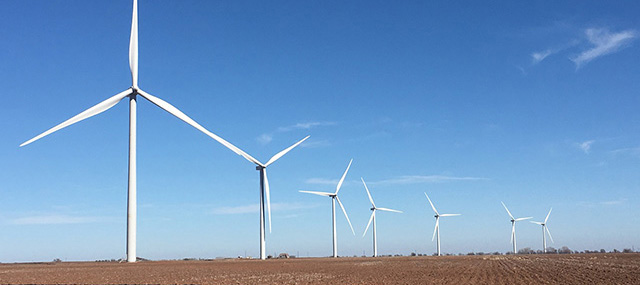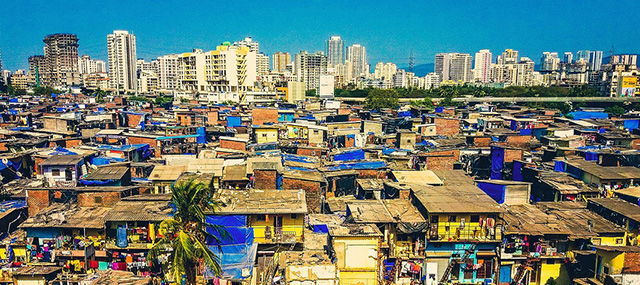Knowledge and solutions for more resilient societies
Through world-leading research and innovation, the University delivers knowledge and solutions to reduce and, where possible, reverse environmental damage, to build a more resilient society and to enable effective adaptation.
We collaborate with the very best researchers and users of research worldwide to play a critical role in tackling sustainability challenges across a broad range of areas including climate and weather, agriculture, biodiversity, food, transport, energy, built environment, finance and regional development.
Working with policymakers, civil society, business and communities we apply our latest research findings to provide solutions to support the UN's Sustainable Development Goals (SDGs), a set of 17 targets set by the UN to bring about long-term prosperity for all.
Our action and research on environmental sustainability ranks us as 4th in the UK according to the People and Planet University League, as well as winning the inaugural Times Higher Education (THE) Outstanding Contribution to Environmental Leadership award.


